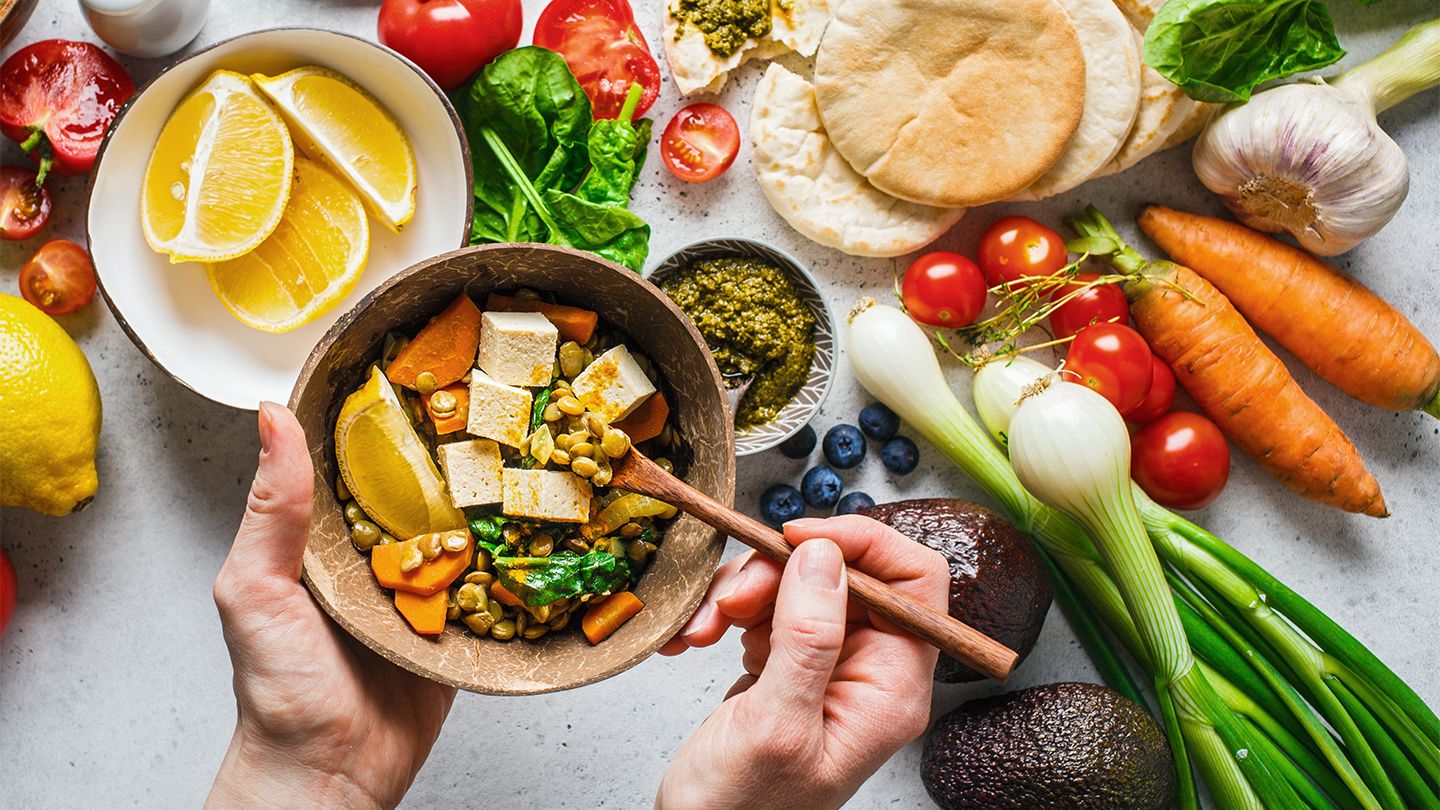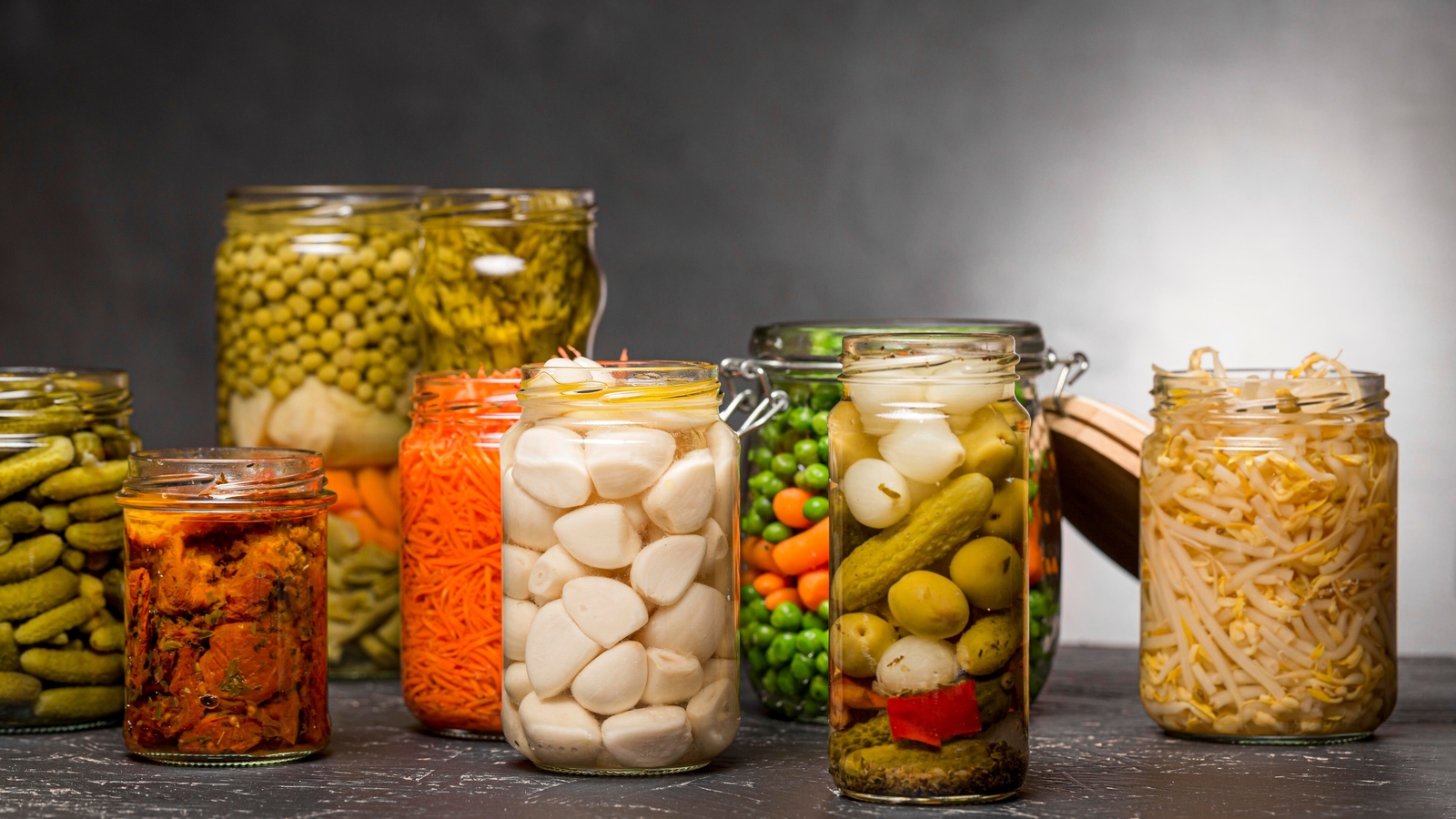Living a long and healthy life is a common goal for many people. While genetics play a role in longevity, lifestyle choices, particularly diet, have a significant impact on how long and well we live. Incorporating certain foods and drinks into your daily diet can not only help you achieve a longer life but also enhance your overall well-being. This article will explore various foods and beverages that are scientifically proven to promote longevity. We’ll delve into the nutrients they provide and how they can help keep you full, energized, and healthy as you age.
Antioxidant-Rich Fruits and Vegetables
One of the best ways to age well is through ingesting plenty of antioxidant-rich fruits and vegetables. Blues berries are filled with ‘anthocyanins’ that help repair molecules that would otherwise be damaged, for example. Spinach is a lighter plant but contains a lot of the same nutrients, including vitamins and minerals, as well as antioxidants called ‘lutein’ and ‘zeaxanthin’ that are curiously good for your eyes. It is always helpful to eat as broad a range of colours of fruits and vegetables as possible. After all, the major nutrients in each protect you from different factors, so they can have a cumulative effect.
These foods should be eaten daily to reap their fullest rewards. Eating a rainbow of produce means each serving has unique phytonutrients to support different body functions. Lycopene in tomatoes is one example of a phytonutrient associated with a lower risk of certain cancers and cardiovascular disease. Cruciferous vegetables, such as broccoli, contain the phytonutrient sulforaphane, which is believed by some nutritional scientists to combat cancer and improve the function of the heart. The abundance of fibre in these foods promotes good digestion and a healthy weight, putting them both on the path to a long life.
Whole Grains and Legumes
Whole grains and legumes: eat these every day for longevity A whole grain is an ancient food that in its natural state contains lots of fibre, vitamins and minerals that support heart health and reduce the risk of many chronic diseases. Fibre promotes healthy digestion and can support weight loss by keeping you full for long periods of time. Beans and legumes are also excellent choices when it comes to extending your life. Legumes include: kidney, navy, garbanzo and black beans, as well as lentils, chickpeas and peas. They are among the best plant-based sources of protein, dietary fibre and micronutrients such as iron and folate. They are an excellent substitute for meat when following a guideline to live longer.
The beauty of these foods is their versatility – you can include them in breakfast, such as a breakfast of porridge with fruits and nuts, for lunch and dinner, such as lentil soup or quinoa salad, feeling full and well-nourished. Eating foods rich in whole grains and legumes also helps you stay satiated for a longer time, thus preventing unexpected and unhealthy between-meal snacking. Finally, the complex carbohydrates in whole grains and legumes are digested more slowly, leading to a constant release of glucose and stabilisation in blood sugar levels.
Nuts and Seeds
Nuts and seeds are small food products that can make a big difference in your longevity. Almonds, walnuts, chia seeds and flaxseeds are all great plant-based sources of healthy fats, protein, fibre and a number of other essential nutrients. For instance, walnuts are an excellent source of omega-3 fatty acids, which have been associated with a number of health benefits, including better heart health and reduced inflammation levels in the body. Chia seeds and flaxseeds are particularly rich in alpha-linolenic acid (ALA), which has been linked to lower risks of heart disease and is also important for brain health.
The bulk and fibre in nuts and seeds works to keep you full longer, making these an ideal weight-management snack, while the high profile of nuts and seeds in leafy sanitary pad bags help to improve cholesterol levels and reduce risk of heart disease. To include a handful of nuts and seeds daily, it just makes sense to add them to salads, yogurt or smoothies. Their ‘superfood’ nutrient density supports easy health and supports longevity and good quality of life throughout the decades.
Lean Proteins
Lean proteins, such as fish and poultry, as well as tofu, soy-based products or seitan are a crucial part of ensuring that we retain a good amount of muscle mass throughout the years and prevent age-related muscle loss, while benefiting our overall health. Fish are also a great source of omega-3 fatty acids, particularly fatty fish like salmon and mackerel, and are great for the heart. A diet rich in healthy proteins helps to boost metabolism, and they provide vital amino acids – including those of animal origin – essential for the repair and regeneration of tissues, which is of particular importance for older adults.
Secondary to these benefits, lean proteins are also the most satisfying – providing more fullness per calorie, and thus helping you prevent overeating and lead to better weight management for cardiometabolic health, and longevity (overeating has been concluded as a primary cause for obesity related diseases such as type 2 diabetes and cardiovascular diseases, which are major factors limiting life expectancy). For longevity diets we recommend cooking any proteins by grilling, baking or steaming to minimise losses of nutrients due to unhealthy fats. Other good sources of protein for longevity diets that both enhance nutrient density and protein content are plant-based proteins such as beans, lentils and other legumes.
Fermented Foods and Probiotics
Fermented foods and probiotics also support a healthy gut microbiome, which in turn promotes longevity; and support for this has become only more robust over the years. Foods including yogurt, kefir, sauerkraut, kimchi and kombucha are all full of probiotics that support a healthy digestive system, as well as boosting the immune system. Keeping your gut healthy has also been linked to reducing inflammation, improving the absorption of vitamins and nutrients, and even potentially supporting mental health. A balanced gut flora is key for longevity, and if you can include more of these foods in your weekly diet, it will contribute toward that.
These foods also help to keep you satisfied, serving as an aid for weight loss. Probiotics from fermented foods can help with digestion and reduce bloating so that you feel more comfortable and more satisfied after a meal. Adding fermented foods to your diet can be as easy as eating a serving of yoghurt at breakfast or including a side of kimchi or sauerkraut at lunch or dinner. The foods inherent to this diet offer more than just aiding digestive function, they also improve immunity and reduce risk of chronic disease, thus improving length of life.
Hydration: Water and Herbal Teas
Staying hydrated is so important to both your overall health and longevity. Water is so necessary for almost everything that the body does – from regulating the body’s temperature and keeping the organs moist to flushing out toxins from the body. Drinking enough water helps to keep your skin looking radiant, encourages proper kidney function and will satiate you and potentially assist your efforts in managing your weight. Herbal teas such as green tea, chamomile and peppermint offer added health benefits to the capacity to hydrate. Green tea itself can help to reduce the likelihood of heart disease and certain types of cancers due to its richness in antioxidants.
Proper hydration also helps keep energy levels and thought processes running, which is essential for a life of good health into old age. The elderly, especially, because of reduced fluid intake and increased susceptibility to disease, are prone to dehydration. When they stop eating and drinking beyond a certain point – few want to live on IV drips – dehydration can cut deeply into life expectancy. By consuming a range of thirst-quenching beverages throughout the day, you will ensure that your fluid requirements are fully met. Herbal teas are not only a good alternative to sugary drinks, but – depending on the herb – they can also provide additional healthy benefits that contribute to longevity.
Conclusion
Incorporating these foods and drinks into your diet can significantly impact your longevity and overall well-being. Antioxidant-rich fruits and vegetables, whole grains, legumes, nuts, seeds, lean proteins, fermented foods, probiotics, and proper hydration all play critical roles in maintaining health and preventing chronic diseases. By making these dietary choices, you not only support your physical health but also enhance your quality of life as you age. Remember, a balanced diet rich in diverse, nutrient-dense foods is one of the most effective strategies for promoting longevity and enjoying a healthy, vibrant life.


